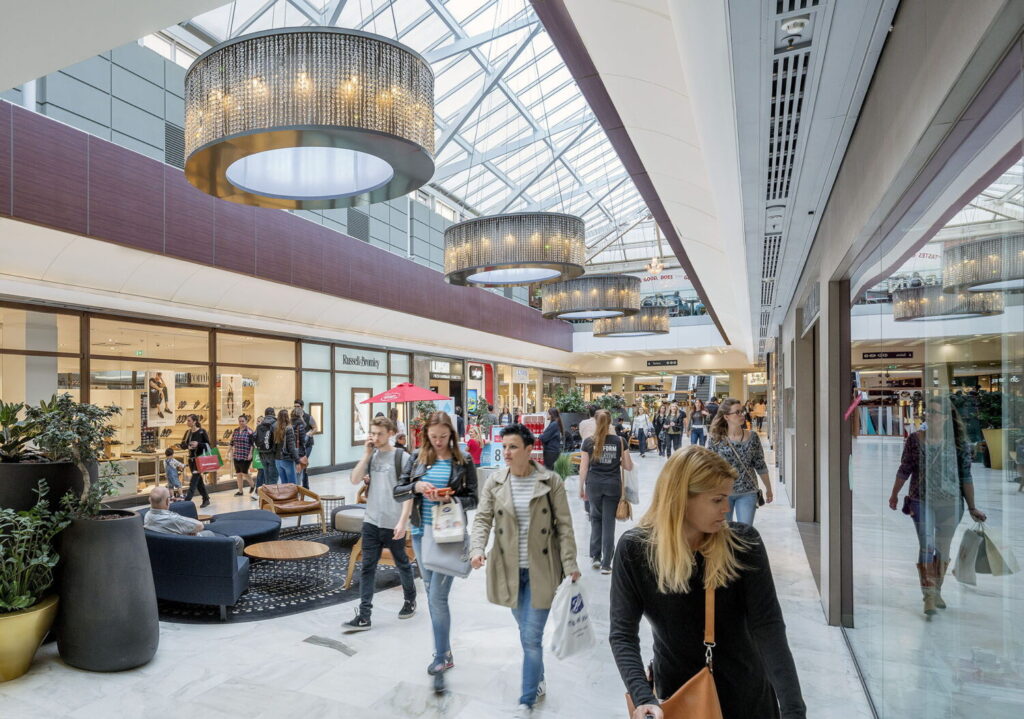Retail most resilient sector as UK property investment slips to two-year low

UK property investment slipped to a two-year low in the second quarter of 2025, however retail was the most resilient of the main sectors.
According to a new report from Lambert Smith Hampton (LSH), £8.8bn of property assets changed hands during Q2 2025, 6% down on a modest Q1% and the lowest total since Q2 2023.
LSH said this lower total was reflective of tariff concerns, a weaker economic outlook, and high yields from government bonds, all of which are fuelling caution amongst investors.
However, transactional activity appeared more resilient. While the Q2 investment volume was 27% below the five-year quarterly average, the number of deals was only 9% below trend.
LSH said the drop in investment volume in Q2 mostly reflects an absence of large-scale deals, with no transactions above £400m having been completed for the first time in five years.
Retail proved to be the most resilient main sector against trend in Q2. Whilst the investment volume of £1.6bn was down 11% compared to Q1, this was only 7% below the five-year quarterly average. In addition, the number of retail transactions was only 1% below the five-year average.
This was underpinned by a decent quarter for retail warehousing, where a Q2 investment volume of £731m stood 9% above the average. In addition, shopping centre investment rebounded from a poor Q1 to £410m, boosted by Hammerson’s £200m purchase of a 59% stake in Brent Cross shopping centre from Aberdeen.
Ezra Nahome, CEO of Lambert Smith Hampton, said: “While Q2’s investment volume failed to improve upon Q1’s figure, it provided notes of resilience amid all of the global volatility and uncertainty prompted by the Trump-led administration. The UK market is on a fundamentally sound footing, reflected in ongoing rental growth across most sectors, while pricing in the UK remains relatively attractive in the wider global context.
“The direction of travel for interest rates and finance costs is offering some encouragement for investors, but stubbornly-high gilt yields, elevated uncertainty and a lack of distress are prompting investors to sit on their hands that bit longer.”